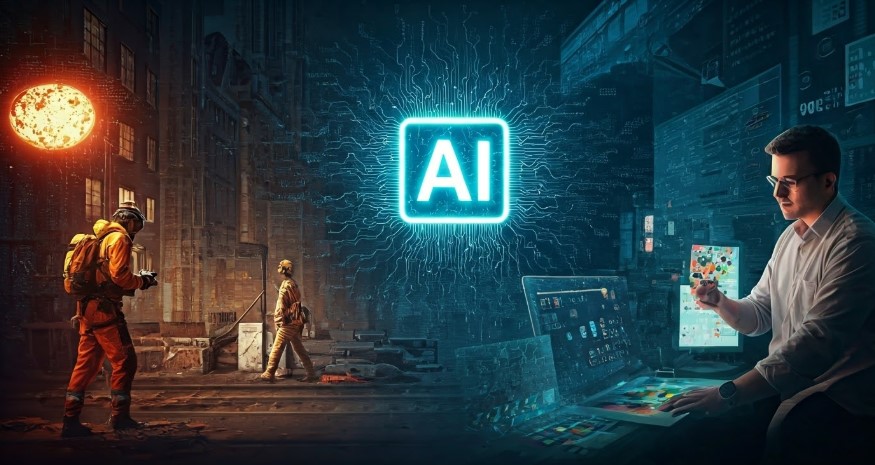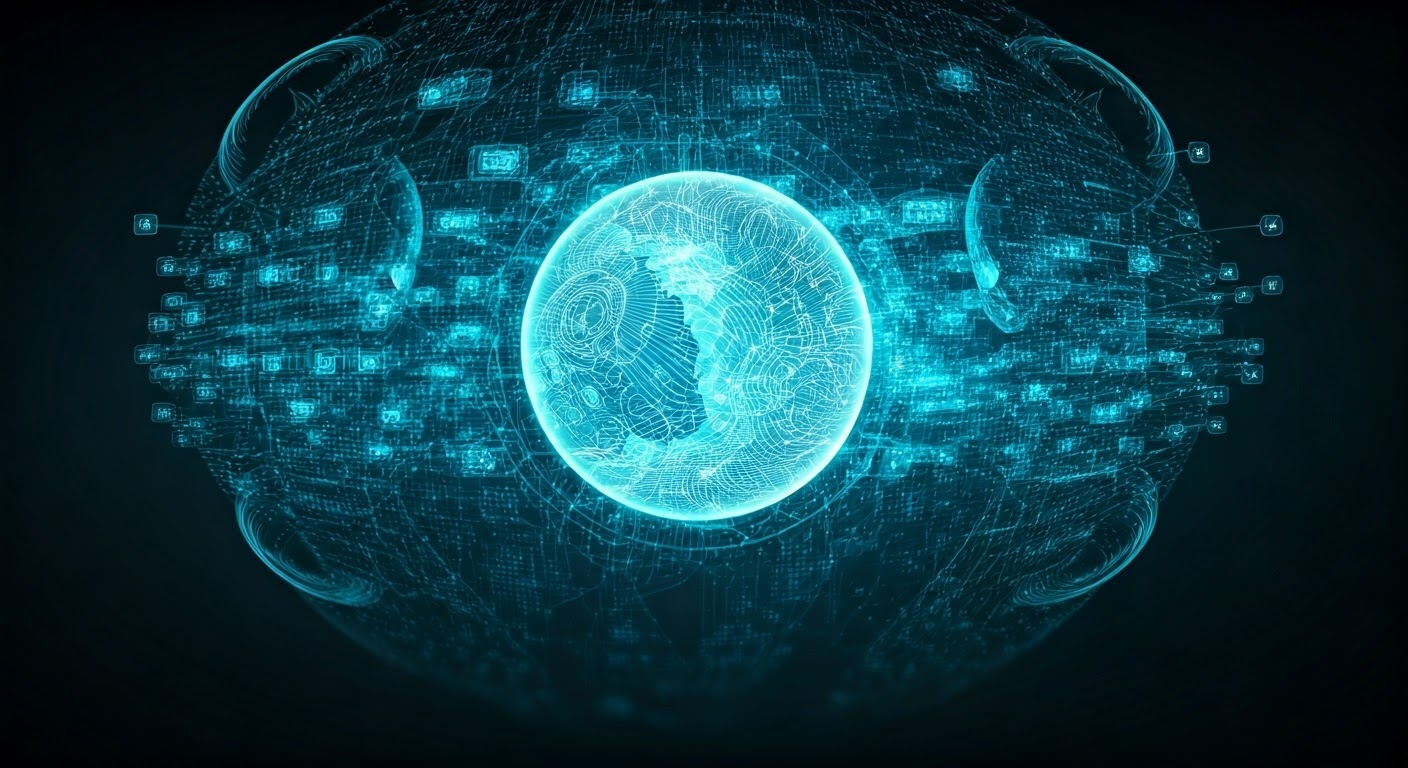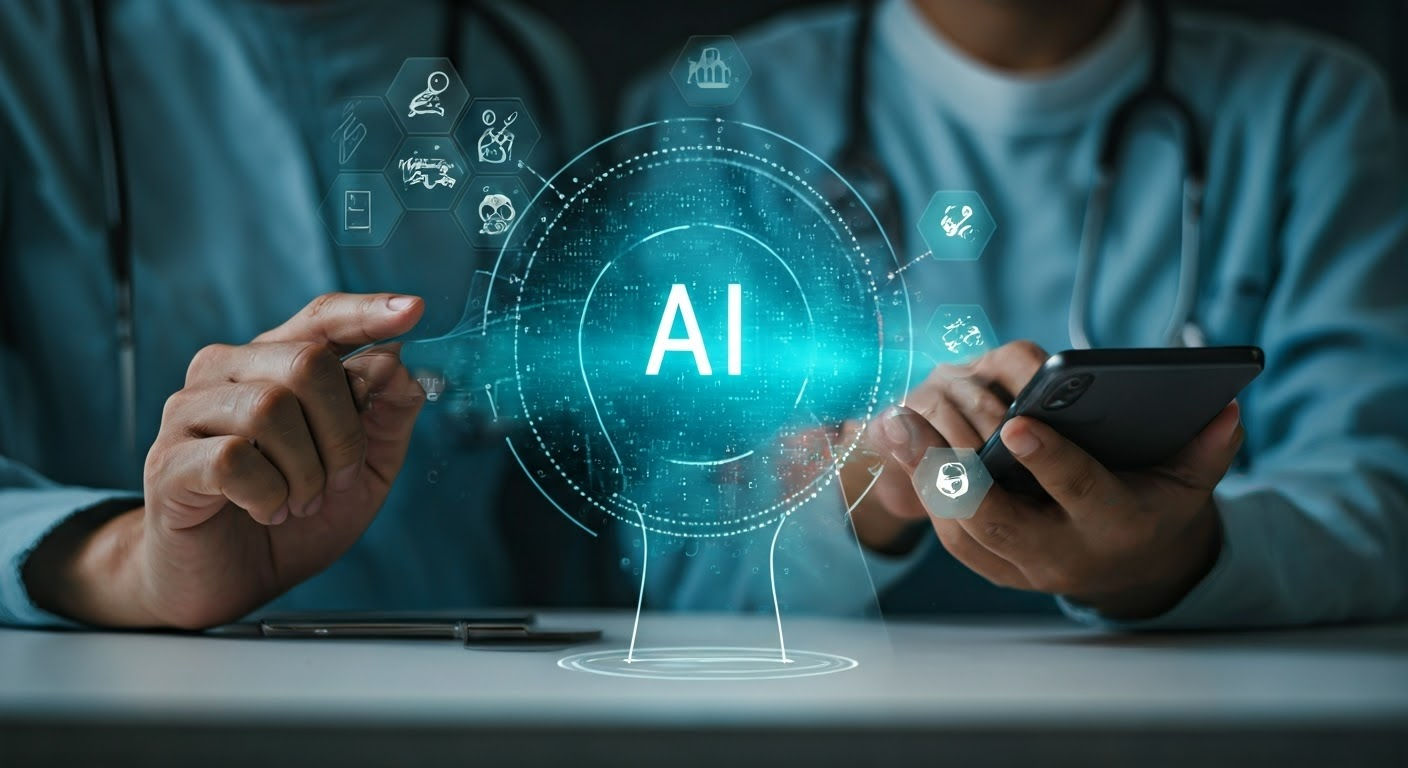
The Impact of AI for Good 2025: Transforming Society

Key Highlights
- Discover how AI is being harnessed to tackle global issues, from environmental sustainability to public health, at the forefront of technological advancement.
- Explore the evolution of AI's role in shaping a better future and its projected influence on society by the year 2025.
- Learn about the practical applications of AI in promoting environmental sustainability, including conservation efforts, renewable energy, and climate change mitigation.
- The blog post examines AI's increasing contributions to public health initiatives, covering areas like disease prediction, drug discovery, and personalized healthcare.
- Join the AI for Good movement and be a part of a global community working towards leveraging artificial intelligence for a more sustainable and equitable world.
Introduction
The intersection of artificial intelligence and sustainable development takes center stage at the AI for Good Global Summit. As we stand at the cusp of a new era powered by artificial intelligence, it is crucial to guide its development towards addressing global challenges and ensuring a global impact. The AI for Good Global Summit serves as a platform to explore the transformative potential of AI in achieving a more sustainable and equitable future for all.
The Evolution of AI and Its Positive Influence on Society by 2025

From its nascent stages to its current capabilities, AI has consistently pushed the boundaries of what's possible. Initially focused on replicating human intelligence in limited domains, AI has evolved to exhibit remarkable prowess in data analysis, pattern recognition, and complex problem-solving. This continuous advancement fuels a growing anticipation for AI to provide practical applications across various sectors, including but not limited to healthcare, finance, and environmental science.
By 2025, AI is poised to have an even more profound impact on society. Imagine a world where AI-powered medical devices provide real-time diagnostics and personalized treatment plans, where smart cities optimize resource allocation to minimize waste and reduce our carbon footprint. As AI technology progresses, we can anticipate a future where its positive influence permeates every facet of our existence, bringing forth solutions to challenges that have long plagued humanity.
Harnessing AI for Environmental Sustainability
One of the most promising areas where AI can contribute significantly to sustainable development is environmental sustainability. The planet faces unprecedented environmental challenges and AI offers a glimmer of hope. By leveraging AI's ability to analyze vast datasets and predict future trends, we can develop more effective strategies for conservation.
The practical applications of AI in this field are vast. For instance, AI can be used to monitor deforestation patterns, track endangered species, and optimize the use of resources like water and energy. AI-powered systems can analyze satellite imagery to detect illegal logging activities in real-time, enabling authorities to take swift action. This proactive approach is vital for preserving our planet's biodiversity.
Furthermore, AI is instrumental in the fight against climate change. By optimizing energy consumption, developing smarter grids, and accelerating the transition to renewable energy sources, AI can contribute to a significant reduction in greenhouse gas emissions. Through these practical applications, AI emerges as a powerful ally in building a more sustainable and resilient planet for current and future generations.
AI's Role in Enhancing Public Health Initiatives
Beyond environmental sustainability, AI holds great promise for revolutionizing public health initiatives and promoting human health on an unprecedented scale. AI algorithms, with their capacity to analyze large medical data sets, have the potential to identify disease patterns and predict outbreaks with remarkable accuracy. This early detection saves lives.
Moreover, AI is accelerating the drug discovery process, significantly reducing the time and cost required to develop new treatments. By analyzing complex molecular structures and simulating biological processes, AI can identify promising drug candidates and optimize their effectiveness. This breakthrough has the potential to bring life-saving treatments to patients faster than ever.
The power of AI in healthcare extends to personalized medicine. By considering an individual's genetic makeup, lifestyle, and other factors, AI algorithms can recommend tailored treatment plans and preventive measures. This shift towards personalized healthcare has the potential to transform the way we approach health, leading to more effective preventative care, better treatment outcomes, and ultimately healthier lives.
KeywordSearch: SuperCharge Your Ad Audiences with AI
KeywordSearch has an AI Audience builder that helps you create the best ad audiences for YouTube & Google ads in seconds. In a just a few clicks, our AI algorithm analyzes your business, audience data, uncovers hidden patterns, and identifies the most relevant and high-performing audiences for your Google & YouTube Ad campaigns.
You can also use KeywordSearch to Discover the Best Keywords to rank your YouTube Videos, Websites with SEO & Even Discover Keywords for Google & YouTube Ads.
If you’re looking to SuperCharge Your Ad Audiences with AI - Sign up for KeywordSearch.com for a 5 Day Free Trial Today!
Conclusion
The evolution of AI and its positive impact on society by 2025 is a promising journey towards a sustainable future. Harnessing AI for environmental sustainability and enhancing public health initiatives are just a glimpse of the potential it holds. As we steer into a tech-driven era, the ethical considerations in using AI for good must be at the forefront of innovation. Embracing AI not only revolutionizes industries but also paves the way for solving global challenges effectively. Let's continue to explore the boundless possibilities of AI for a better tomorrow.
Frequently Asked Questions
How Can AI Contribute to Solving Global Challenges?
AI can contribute to solving global challenges by supporting the achievement of the Sustainable Development Goals, as outlined by the United Nations and supported by organizations like the Government of Switzerland, including initiatives from Geneva. By leveraging AI's ability to analyze data, identify patterns, and scale solutions, we can address issues such as poverty, hunger, and climate change more effectively.
What Are the Ethical Considerations in the Use of AI for Good?
Ethical considerations in AI for Good involve ensuring equitable access, promoting responsible governance, and mitigating potential biases. UN sister agencies are working diligently with stakeholders from various sectors, including government, commerce, and independent innovators, to shape guidelines for trustworthy AI development and deployment.
